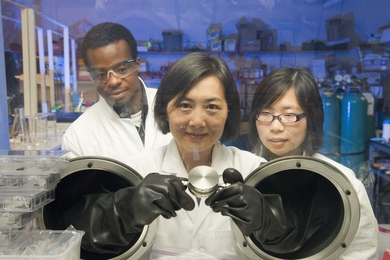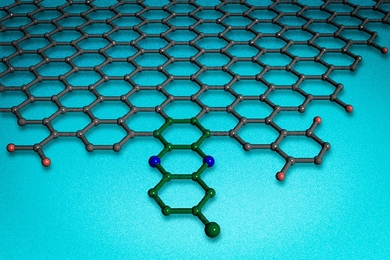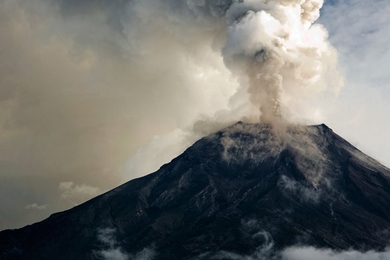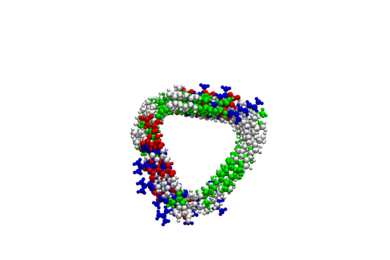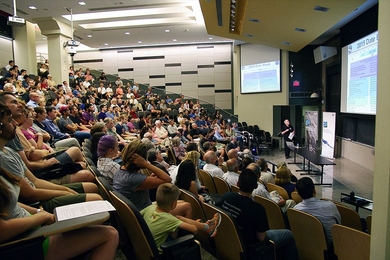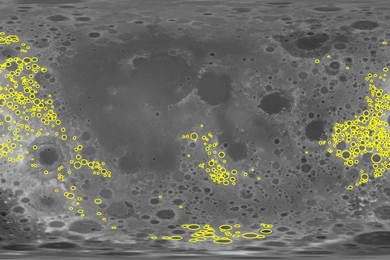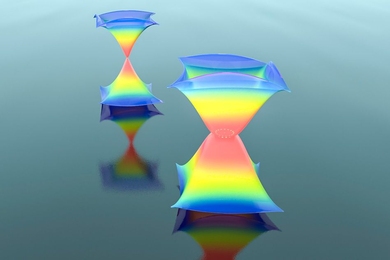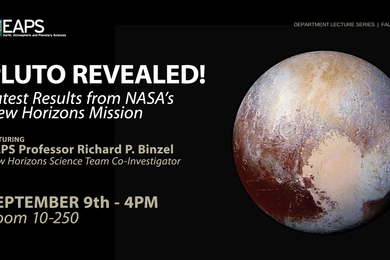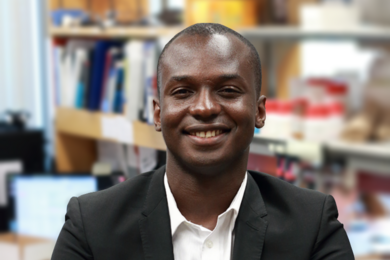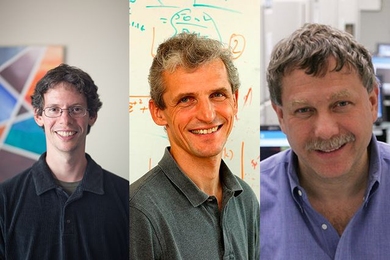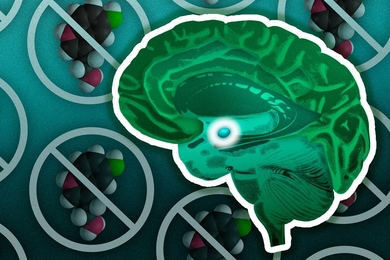A day in the sun
MIT Solar Day brings the MIT community together to preview the coming decades of solar energy innovation.
Inexpensive new catalysts can be fine-tuned
Material could replace precious metals and produce precisely controlled electrochemical reactivity.
Siberian Traps likely culprit for end-Permian extinction
New study finds massive eruptions likely triggered mass extinction.
A new molecular design approach
New programming tool could help engineers build biologically inspired materials.
Advice to students in planetary science: “Start young!”
MIT astronomer Richard Binzel describes lengthy preparation for this year’s successful flyby of Pluto.
Moon’s crust as fractured as can be
Study finds barrage of small asteroids shattered moon’s upper crust.
How to spawn an “exceptional ring”
Researchers create exotic states that could lead to new kinds of sensors and optical devices.
Fertilize the ocean, cool the planet?
MIT researchers find unintended consequences of an idea to stimulate ocean phytoplankton growth in order to geoengineer a cooler atmosphere.
Pluto Revealed! An update from New Horizons
Professor Richard Binzel, NASA New Horizons science team co-PI, shares mission results on Sept. 9.
Wine matching: Tasty uses for algorithms
A pair of Class of 2010 roommates, entrepreneurial buddies while on campus, recently teamed up to launch a wine club based on big data.
Faculty Highlight: Ibrahim Cissé
Assistant professor of physics probes the formation of enzyme clusters that enable gene copying and protein production in living cells.
Possible new weapon against PTSD
Blocking a newly identified memory pathway could prevent the disorder.

